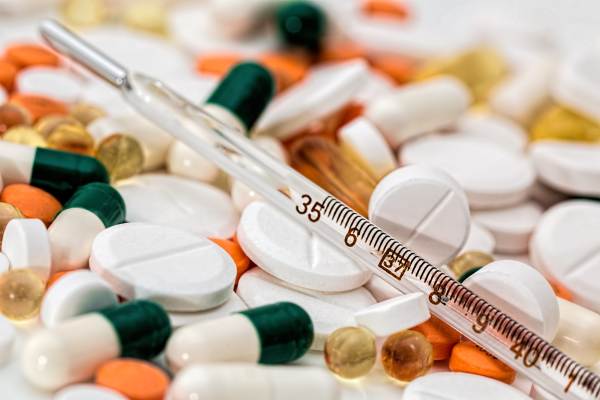El Salvador Increases Pharmaceutical Exports
By Eproint

El Salvador’s pharmaceutical industry contributed 16.6% of Central America’s total pharmaceutical exports in 2024, according to the latest annual report by the Association of Chemical-Pharmaceutical Industries of El Salvador (INQUIFAR).
The report indicates that the Central American region exported USD1,095.2 million in pharmaceutical products in 2024, representing a 6% increase compared to 2023. Of that total, El Salvador’s exports reached USD182.2 million, a figure nearly identical to the USD182.6 million registered in 2023.
Regional Distribution
Costa Rica led regional exports with USD452.5 million (41.3%), followed by Guatemala with USD404.6 million (37%). El Salvador’s USD182.2 million placed the country third in the regional ranking. Honduras reported USD46.7 million and Nicaragua USD9.3 million in pharmaceutical exports.
For El Salvador, the industry’s external sales represented 2.7% of the country’s total exports in 2024, according to official trade statistics.
The main markets for Salvadoran medicines were Guatemala (USD51.6 million), Honduras (USD37.2 million), Nicaragua (USD30.3 million), Panama (USD15 million), and the United States (USD14.2 million), based on data from tariff heading 3004, which covers medicaments packaged for retail sale.
Exports under this category totaled USD172.8 million in 2024, placing it sixth among El Salvador’s top export products. Within that figure, USD153.9 million corresponded to human-use medicines and USD19.8 million to veterinary-use products.
The average export price per kilogram rose from USD7.14 in 2023 to USD7.39 in 2024, an increase of USD0.24. Over the last five years, the sector has averaged USD177.2 million in annual exports.
The best-performing year in the 2010–2024 period was 2021, with USD190.5 million in sales, attributed to higher demand during the COVID-19 pandemic.
Domestic Industry
According to the Superintendence of Sanitary Regulation, El Salvador has 45 registered pharmaceutical laboratories, 35 of which are certified under Good Manufacturing Practices (GMP).
The sector employed 6,170 people directly and 18,500 indirectly in 2024. The average monthly wage was USD982, with men earning an average of USD1,061 and women $909.
India’s Role in Global Competition
INQUIFAR’s report also highlights the potential impact of competition from India. The country is one of the largest producers of generic medicines and active pharmaceutical ingredients (APIs) worldwide. Its production scale—supported by a population exceeding 1.4 billion—surpasses Central American output by a wide margin.
While Central American exporters must comply with regional regulatory standards and GMP certification, India’s dominant position in global supply chains and differing regulatory conditions create competitive pressures for smaller markets.
